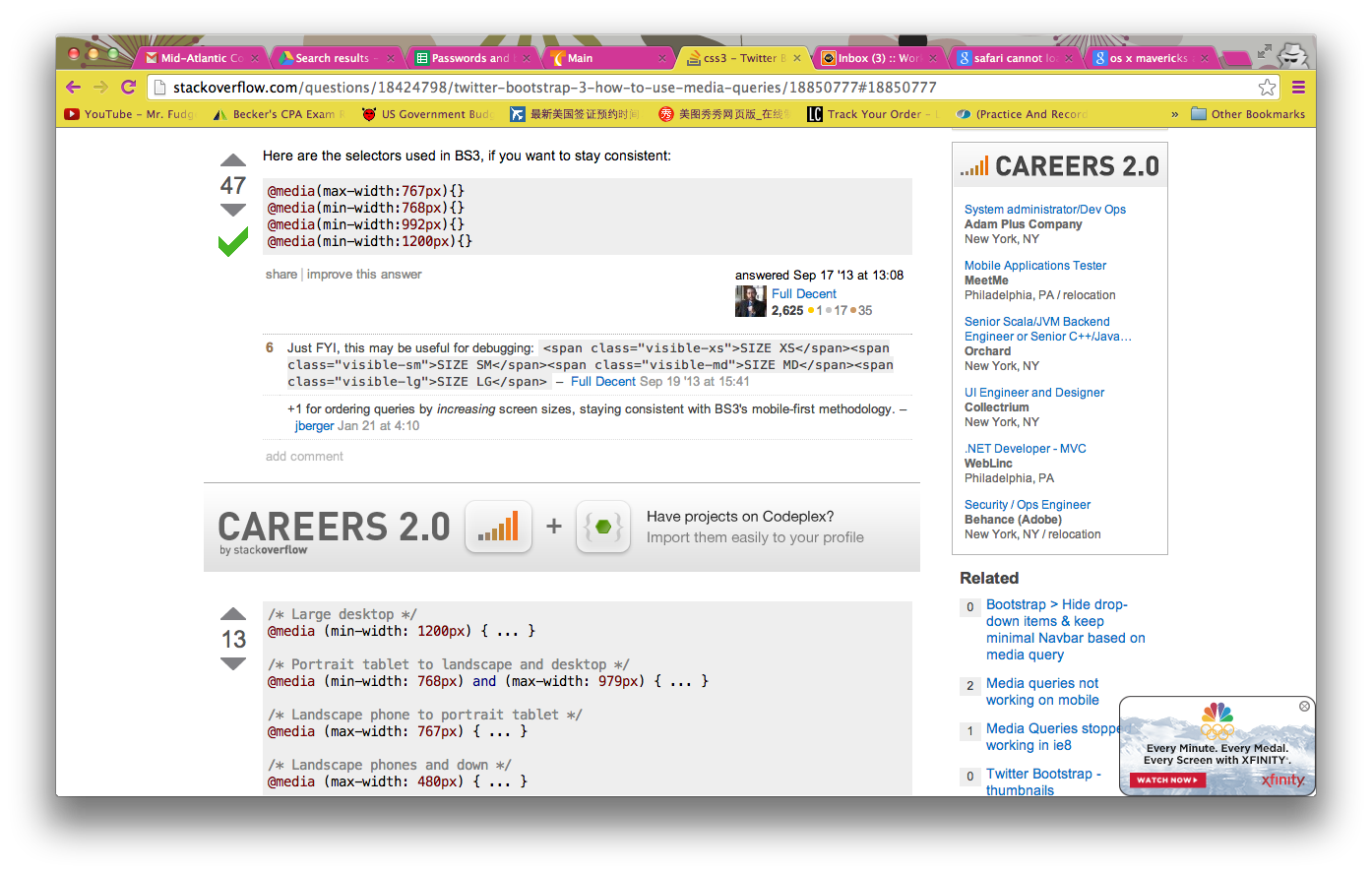Please redirect to an HTTPS connection by default on stackoverflow.com
To illustrate the problem, please see the screenshot below where a man-in-the-middle attack is being used to forge responses from Stack Overflow and inject advertisements.

A wildly crude estimate of the financial cost of this attack is as follows:
Xfinity hotspots / All Wifis in the US = 1.5m/77m = 2%
SO revenue = $2m in 2010 * 5x growth = $10m per year
50% of ad clicks will be on the injected ad (because it is more interactive and new)
20% of visitors in the US
LOST REVENUE IS $20,000 PER YEAR DUE TO COMCAST ALONE
Sources for numbers above
- http://gigaom.com/2013/06/10/comcast-mimics-fon-creating-a-crowdsourced-hotspot-network-in-millions-of-homes/
- http://www.wired.com/opinion/2013/08/latest-pew-results-show-digital-divide-and-mobile-paradox-for-u-s-broadband/
- http://www.statisticbrain.com/u-s-household-statistics/
- http://www.google.com/trends/explore#q=stackoverflow
- http://blog.olegkokorin.com/2010/03/04/stackoverflow-revenue-estimated/
- http://www.alexa.com/siteinfo/stackoverflow.com
